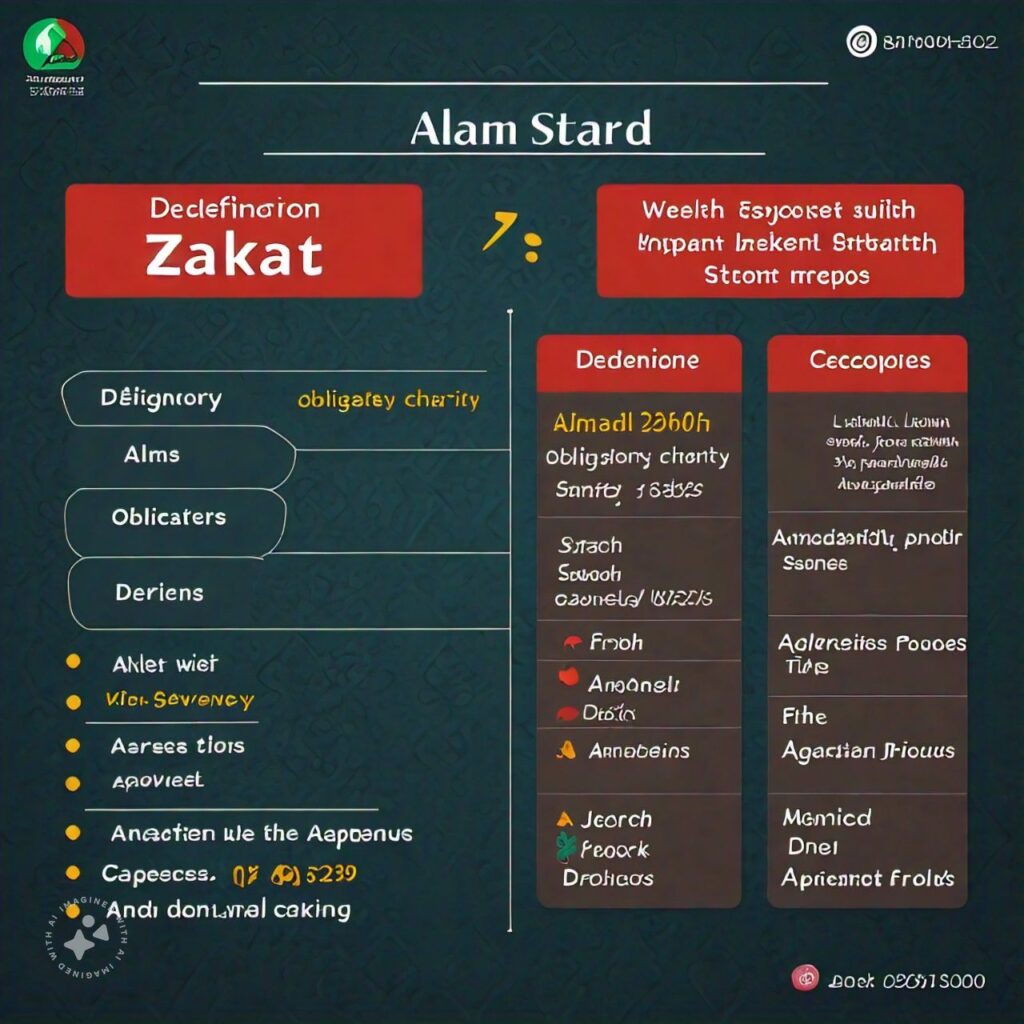Introduction
The story will tell you about the importance of zaqat . Zaqat is basic pillar of islam and its ratio is 2.5% from all money.
Ways to help people
I drifted off to sleep thinking about ways to help the poor. In a relatively short period of time, I was already dreaming that I saw the positive change brought about by zakat.
Structure of zaqat
Zakat is charity, one of the key tenets of therites of Islam. While specific percentages varied by location, Muslims with more than a minimum amount of resources donate 2.5 percent to the poor every year. I watched the wealthy people elaborate on how they wanted to determine and pay zakat. Such money went to the officials in charge of zakat. They used it to feeds the widows, orphans, the jobless, and every person who fell in the category of a beneficiary.

Its working stratage
I was able to see a widow with five children being given money toward needs such as food. She said that it helped alleviate her pressure to feed the family. A man who had no job before got enough to be trained a trade and to venture into business. A student got money for school fees and supplies. Each of them spoke SO much gratitude at their changes of fortune.
System of Zaqat
Officials were most careful about record-keeping concerning zakat collections and their disbursement. It also ensured that there was no corruption in the society since that was fully prohibited. It is obvious that they maintained the transparency of their book and thus the public gave their full support for the system of zakat.

Profiting both sides
What’s more has fascinated me was the fact that the targets both givers and recipients of the charity were so desperately diverse. You rich people also provided generously, recognising that zakat both cleanses and enhances possessions. Then there was struggle with getting help during the time of need with dignity.
Benefits for society
Employmentswere done in thecare of employees in occupations, such as employers who were bankers, doctors, lawyers, engineers, other professions. Some owned companies. It was with lots of shock and surprise that many who were involved were middle class workers. The rich people donated more but not exclusively, the lower income earner also made contributions. sWith distributions passing through the society; many boats were lifted.

Not as beneficiaries
These were disbursed with attention to the levels of cash they can provide. They received enough to meet their basic needs but not much to get them out of wanting to work. It came in form of assistance which was a hand up, not that any one was given hand outs. The many who returned in future years did so as donors, not as beneficiaries.
Ratio of zaqat
I realized the impact of 2.5 percent contribution with minuted details on individual and overall community’s change. It was able to make needs inexpensive while not putting contributors out of business. It became evidenced that both givers and receivers benefited from the process.

Zaqat benefits
Zakat shift into how; he gives thanks to the Al-Mighty, how he expresses empathy, how he accepts responsibility and how he cherishes others. It creates relationships between classes. This envisaged society of mine provided very little room for resentment between the rich and the poor hence entertaining the option where people gave according to their capability and got what they needed.
Waking from zaqat
I woke up wondering the course of the zakat program and how it brought up the station of the recipients without status transfer for the contributors. It rewarded maneuver and captured the plummeting bird. what it did was reunify things that have split the haves and the have nots.
The Happy ending
My dream proved that Islam is wise to require zakat that redistributes sufficient amount of money to help the poor rise without burdening the noble wealthy people again. I observed how it fosters social interconnectiveness as seen from the social bonding result. Now I seek to facilitate proper management of the zakat in my world, if Allah wills. Its beauty is that it replaces need with mercy for the needy while inventing a duty to have as privilege.
